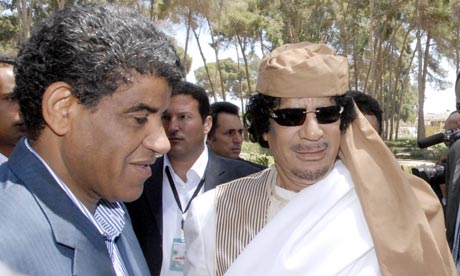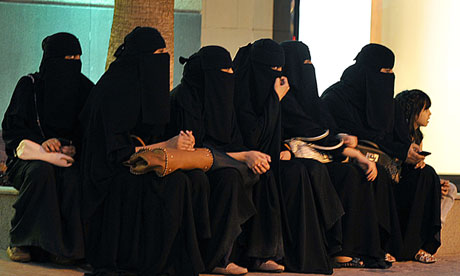By Justin Dorman
Impunity Watch Reporter, Middle East
TRIPOLI, Libya – Abdullah al-Senussi has once been described as the “world’s most wanted man.” During the rule of his brother-in-law, Muammar Gaddafi, Senussi ran the country’s internal security, external security, and was the chief of its espionage agency. His lawyer, Ben Emmerson, believes that if Senussi is not sent for trial at the International Criminal Court (ICC) in the Hague, that he will surely be sentenced to death in Libya.

On June 27, 2011, the ICC issued arrest warrants for both Senussi as well as Saif al-Islam, Gaddafi’s son. Nevertheless, Islam has been detained in west Libya, where he will be tried. Similarly, despite the arrest warrant, Senussi, who was being held in Mauritania, was deported back to Libya when Libya purposefully ignored the warrant and paid between $125-$200 million for him.
While Libya is supposed to follow the directives of the ICC, there is no real manner in which the ICC can enforce itself, nor the United Nations Security Council, who referred the case to the Hague to begin with. Lord Macdonald, the former director of public prosecutions in England threatened, however, that “the Libyan government need to decide whether they want to join the international community or not. If they continue to flout the UN security council [resolution]. . . they are not going to be treated seriously as part of the community of nations.”
Emmerson claims that if his client is put on trial in Libya, that the country has breached its obligations to both the ICC and Security Council. He further believes that when Libya obtained Senussi from Mauritania, that it partook in unlawful rendition. Emmerson wants a fair trial for Senussi and ultimately feels that if Senussi is tried in Libya, that it is “likely to be a short and summary process resulting in his conviction and summary execution.”
Senussi was believed to be the orchestrator of the bombing of Pan Am Flight 103, known as the Lockerbie bombing, which killed 170 people. Many also think that he was also the man responsible for the slaughtering of 1,200 prisoners at Abu Salim prison.
On the first of this month, Taha Baara, spokesman for Libya’s attorney general stated that Senussi’s trial would take place “within a month.” The Libyan authorities are required to respond to the ICC’s demands by January 15, 2013.
For further information, please see:
Guardian – Abdullah al-Senussi: Foreign Office Urged to Prevent Execution of spy Chief – 11 January 2013
Al Arabiya News – Libyan Ex-spy Chief Must be Extradited or Risk Execution: Lawyers – 10 January 2013
Amnesty International – Libya Must Seek Justice not Revenge in Case of Former al-Gaddafi Intelligence Chief – 18 October 2012
The Hague Justice Portal – Abdullah Senussi


